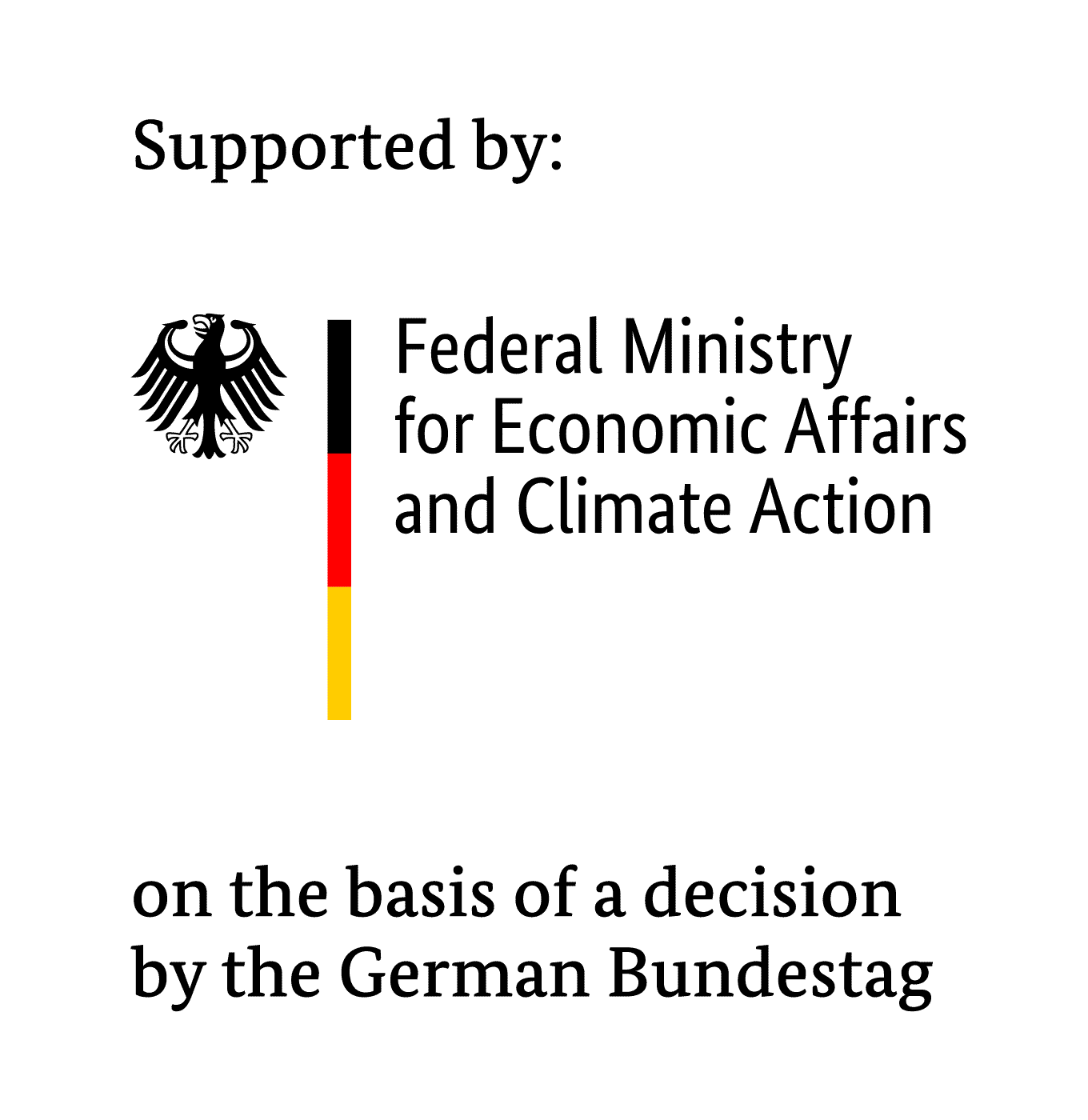Projectname:
Robust thin-film sensors for in-process monitoring and control of critical process parameters in polymer processing (RobInPro)
Workgroup: Filling and packaging processes
Scientific Partners and Guidance:
IGF: 20340 BG
Financing: BMWi
Duration: 2019-2021
The heat conductive sealing process is mainly used to seal flexible packaging for a large number of consumer goods and for the manufacturing of technical products. Sustainable production and product safety impose highest demands on the quality of the seams, especially their tightness and absence of contamination. Intelligent, adaptive processes are required to prevent faulty products from reaching the consumer.
Innovative temperature sensors with very short response times and high sensitivity integrated in the joining tool could in future check every seam, reliably reject faulty goods or adjust process parameters almost in real time. The IGF project "Dynamic Heat Sealing Processes … Using Improved Sensor Technology … (HePhaiSt-Os)" has been able to prove that the thin-film based measuring technology works. The development demand identified during this project for the validation of the sensor system under industrial boundary conditions is now being investigated in the project applied for.
In order to meet the requirements of the industry and to enable market establishment, the project focus is on the
In particular, the challenges of tool life, contacting and adhesion are essential for the realization of any kind of tool-integrated sensors and actuators based on thin-film technology. Thus, the solutions that are to be developed go beyond the scope of the project and advance topics such as thin layer based distance measurement or thin heating layers (both feasibility studies in IVLV-funded projects).
In addition, the project aims to develop a methodology to evaluate the tendency of tool surfaces to adhere to polymers. The protective and non-stick coatings also address the increase of machine availability and product quality in classic sealing and forming tools.
Finally yet importantly, the heat flow from the tool into the film composite is simulatively investigated by modeling the coating layer system, especially in continuous processes, in order to support the design of the tool or layer system.
The developments especially help SME to secure and expand its competitive advantage and to be able to meet the requirements of the constant efforts for intelligent machines and processes, safe products and minimal resource consumption. In addition, the recyclability respectively the re-usability of (polymeric) packaging materials is increasingly becoming the focus of legislation. A solution approach can be the use of less complex packaging materials, which further increases the demands on process control and anti-adhesive tool surfaces.

The IGF project presented here by the Research Association of the Industrial Association for Food Technology and Packaging (IVLV e.V.) is funded by the Federal Ministry for Economic Affairs and Climate Action as part of the program for the promotion of industrial community research (IGF) based on a decision of the German Bundestag.